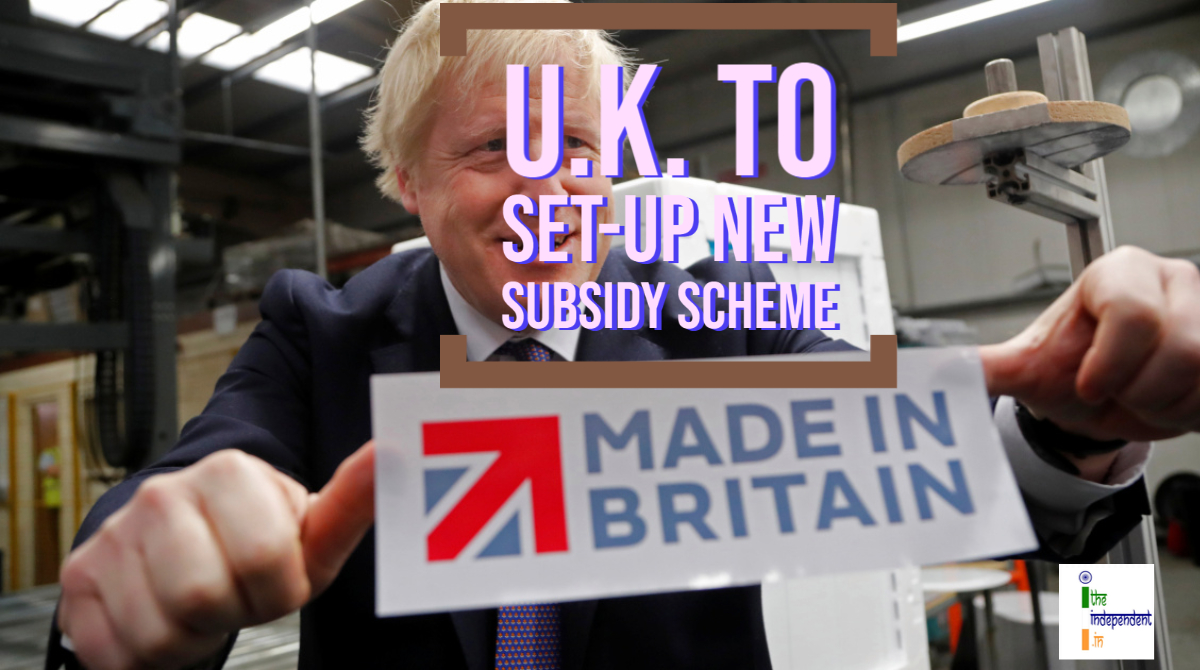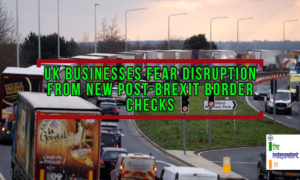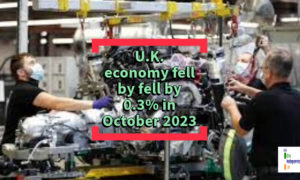
The new set of subsidy rules will allow the U.K. to be more dynamic in providing support to businesses
The United Kingdom (U.K.) is planning to establish a more flexible and robust system of system of subsidy rules than those which were in place, when it was a part of the European Union (E.U.).
After leaving the E.U. on December 31, 2020, the Britain is focussing on reshaping its economy and forging new alliances with leading economies of the world.
The Secretary of State for Business, Energy and Industry Strategy, U.K. – Kwasi Kwarteng said that new rules would make U.K. more attractive to investors while staying within the terms of the E.U. exit agreement and avoiding a return to 1970s policies of supporting unprofitable industries.
The Government also launched an initial public consultation on the scheme, the first stage in a process that will eventually lead to legislation.
Kwarteng said in a statement, “We want to use our newfound freedoms to propel the UK to the forefront of innovation and help create the jobs of the future, while also making the UK the best place to start and grow a business.”
Taking it to twitter, Kwarteng tweeted,
Today I've set out major plans to replace the bureaucratic EU State Aid regime
— Kwasi Kwarteng (@KwasiKwarteng) February 3, 2021
Our new system will be flexible, agile and tailored to better support start-ups and new innovative industries to encourage job creation and growth across the UKhttps://t.co/IOv8UiqaRr
The new subsidy control system, which will be the long-term replacement for the E.U.’s prescriptive State aid regime, will allow the U.K. to be more dynamic in providing support to businesses, including innovation, job creation and growth across all parts of the U.K.
Under the proposed U.K. scheme, local authorities, public bodies and the devolved administrations in Edinburgh, Cardiff and Belfast will be empowered to decide if they can issue taxpayer subsidies by following a set of U.K.-wide principles. These principles will ensure subsidies are designed in such a way that they deliver strong benefits and good value for money for the U.K. taxpayer, while being awarded in a timely and effective way. Earlier, public authorities had to take prior approval from the European Commission before providing vital funds to viable businesses or pursuing key domestic policy objectives.
The scheme is planned to enable the Government to deliver on key priorities such as levelling up economic growth in the regions, tackling climate change, as well as supporting the economic recovery, which got ruined because of Coronavirus (COVID-19).
The scheme will also ensure U.K. honours its international obligations under World Trade Organisation (WTO) rules, the U.K.-E.U. Trade and Cooperation Agreement and other free trade agreements, and will not be a return to the 1970s approach of government trying to run the economy or bailing out unsustainable companies.
The Government will also consult with the devolved administrations in Scotland, Wales and Northern Ireland, so that all 4 parts of the U.K. can take advantage of the new subsidy scheme. It will ensure that subsidies do not unduly distort competition within the U.K.’s internal market. The U.K. has always maintained that regulation on subsidy control is a reserved matter. The U.K. Internal Market Act 2020 clarifies that the U.K. Parliament alone should legislate for the regulation of subsidies.








